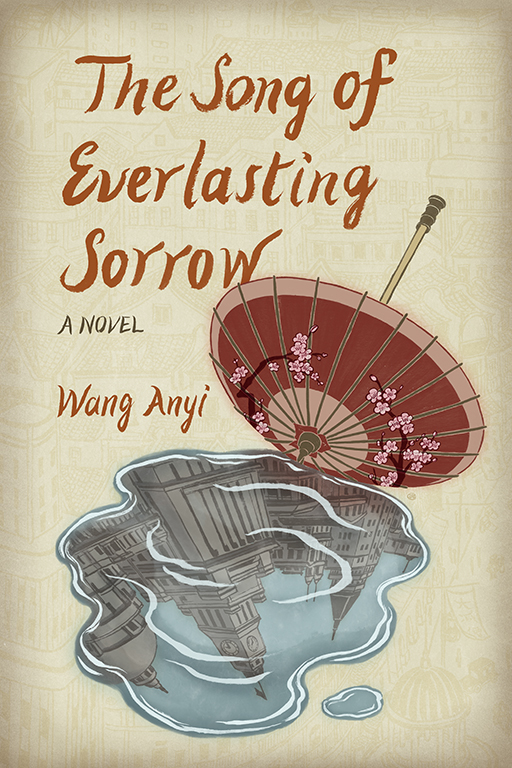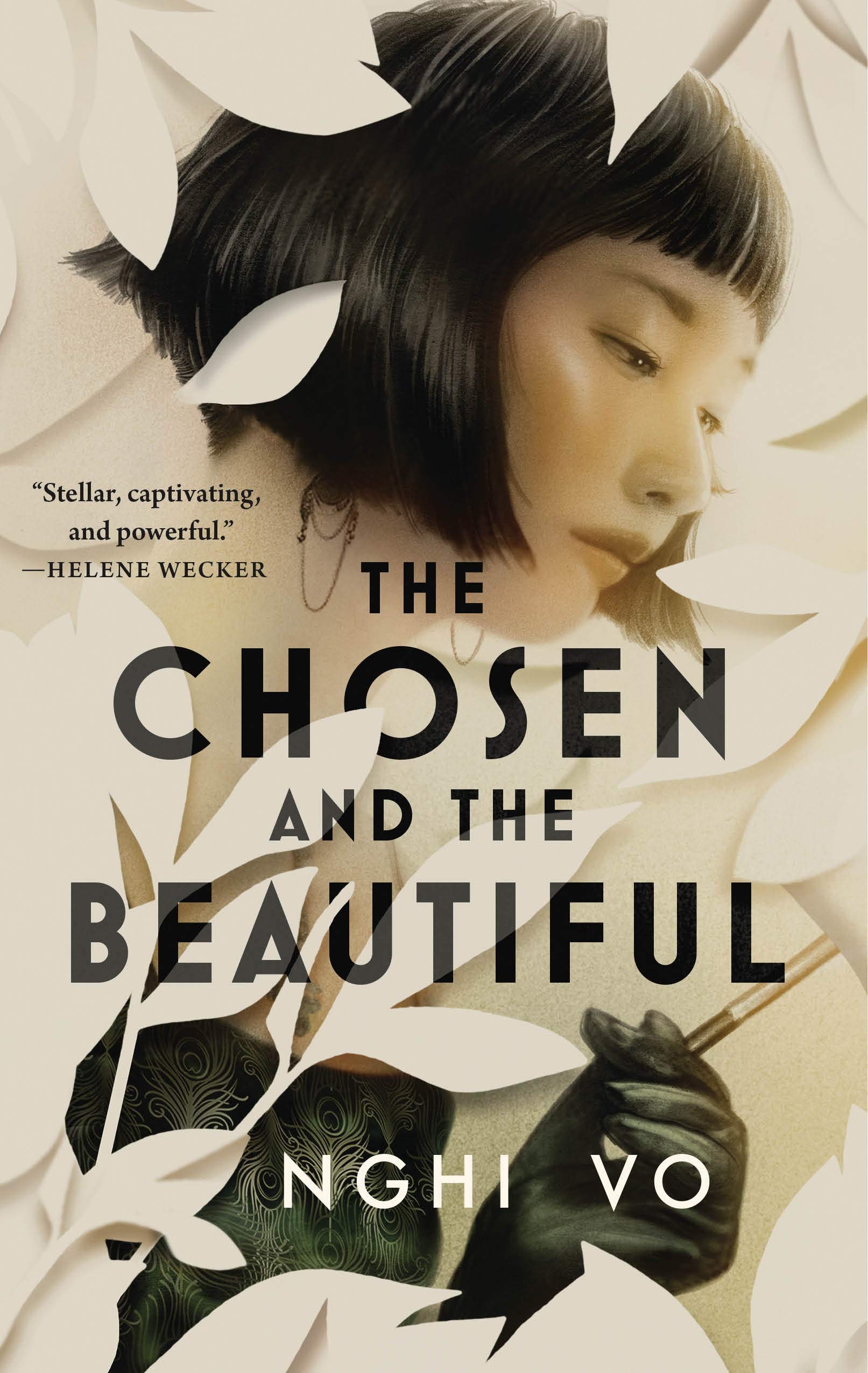⋆⋆⋆⋆
Content Warning: death, violence, murder, misogyny, abortion, cancer, suicide.
Born in the '30s, Wang Qiyao is the typical Shanghai girl, lured in by the glamour of the city and doing her best not to be eaten up by it. A remarkable beauty, but emotionally both sensitive and slightly cold, we follow her across the decades as she struggles through the end of the Japanese occupation, the rise of Communism and her own interpersonal dramas. Beset by tragedy, Qiyao finds herself becoming just like the tragic heroines she grew up reading about and watching onscreen...
This book came onto my radar very recently -- I discovered its existence in the same month I ended up reading it. While it wasn't originally on my September reading list, I had some room and decided that I'd take the plunge with this. If you've read my blog before, or even just explored my Goodreads, it's probably pretty obvious that I love historical fiction, particularly when it takes place in another country (or, even better, on another continent entirely). The author herself was a fascinating person, and as soon as you step into the world she's created on the page, it's clear how much she loves Shanghai and the people that live there.
Although Wang Qiyao is our heroine, Shanghai itself serves not only as the backdrop, but as the counterpart to Qiyao's narrative. The first few chapters describe in vivid detail the longtang that Qiyao grows up in, the pigeons who roost in the city, the lives of the people there as they go about their daily routines, and although it immediately transports you into Qiyao's life, it's borderline tedious. For a moment, I thought: is this going to work for me?
I'm glad I stuck with it, because in the end, I thoroughly enjoyed this expansive and almost epic novel. The characterization is not especially powerful, and it was sometimes difficult for me to sympathize with Qiyao (who often came across as distant and cold), but there's something magical about the world that Wang crafts in this story. It's a depiction of the Shanghai of old, in its days of splendor and opulence, and the new Shanghai, which is constantly recreating itself. By the halfway point I liked Qiyao, even if I struggled to understand her motivations, and the other characters populating her circle were equally engaging, mostly because they were so deeply flawed and therefore both relatable and sometimes despicable.
There's no real plot, but that's not something that bothers me at all; I'm a huge fan of character-driven novels, and I find it rewarding to follow a character over the course of their life. Qiyao experiences many hardships, setbacks and tragedies, lending it the slight taste of a melodrama, which doesn't cheapen the story but instead makes you feel as if you're watching an opera. Keep in mind that this book is very heavy, with only the tiniest glimpses of joy smattered amongst the otherwise bleak landscape that makes up Qiyao's life.
If you enjoy some of the abovementioned things (such as character-driven stories, very rich descriptions and attention to detail), I highly recommend this sad, sweeping tale that gives the sensation of being swept into the past.
Although Wang Qiyao is our heroine, Shanghai itself serves not only as the backdrop, but as the counterpart to Qiyao's narrative. The first few chapters describe in vivid detail the longtang that Qiyao grows up in, the pigeons who roost in the city, the lives of the people there as they go about their daily routines, and although it immediately transports you into Qiyao's life, it's borderline tedious. For a moment, I thought: is this going to work for me?
I'm glad I stuck with it, because in the end, I thoroughly enjoyed this expansive and almost epic novel. The characterization is not especially powerful, and it was sometimes difficult for me to sympathize with Qiyao (who often came across as distant and cold), but there's something magical about the world that Wang crafts in this story. It's a depiction of the Shanghai of old, in its days of splendor and opulence, and the new Shanghai, which is constantly recreating itself. By the halfway point I liked Qiyao, even if I struggled to understand her motivations, and the other characters populating her circle were equally engaging, mostly because they were so deeply flawed and therefore both relatable and sometimes despicable.
There's no real plot, but that's not something that bothers me at all; I'm a huge fan of character-driven novels, and I find it rewarding to follow a character over the course of their life. Qiyao experiences many hardships, setbacks and tragedies, lending it the slight taste of a melodrama, which doesn't cheapen the story but instead makes you feel as if you're watching an opera. Keep in mind that this book is very heavy, with only the tiniest glimpses of joy smattered amongst the otherwise bleak landscape that makes up Qiyao's life.
If you enjoy some of the abovementioned things (such as character-driven stories, very rich descriptions and attention to detail), I highly recommend this sad, sweeping tale that gives the sensation of being swept into the past.





